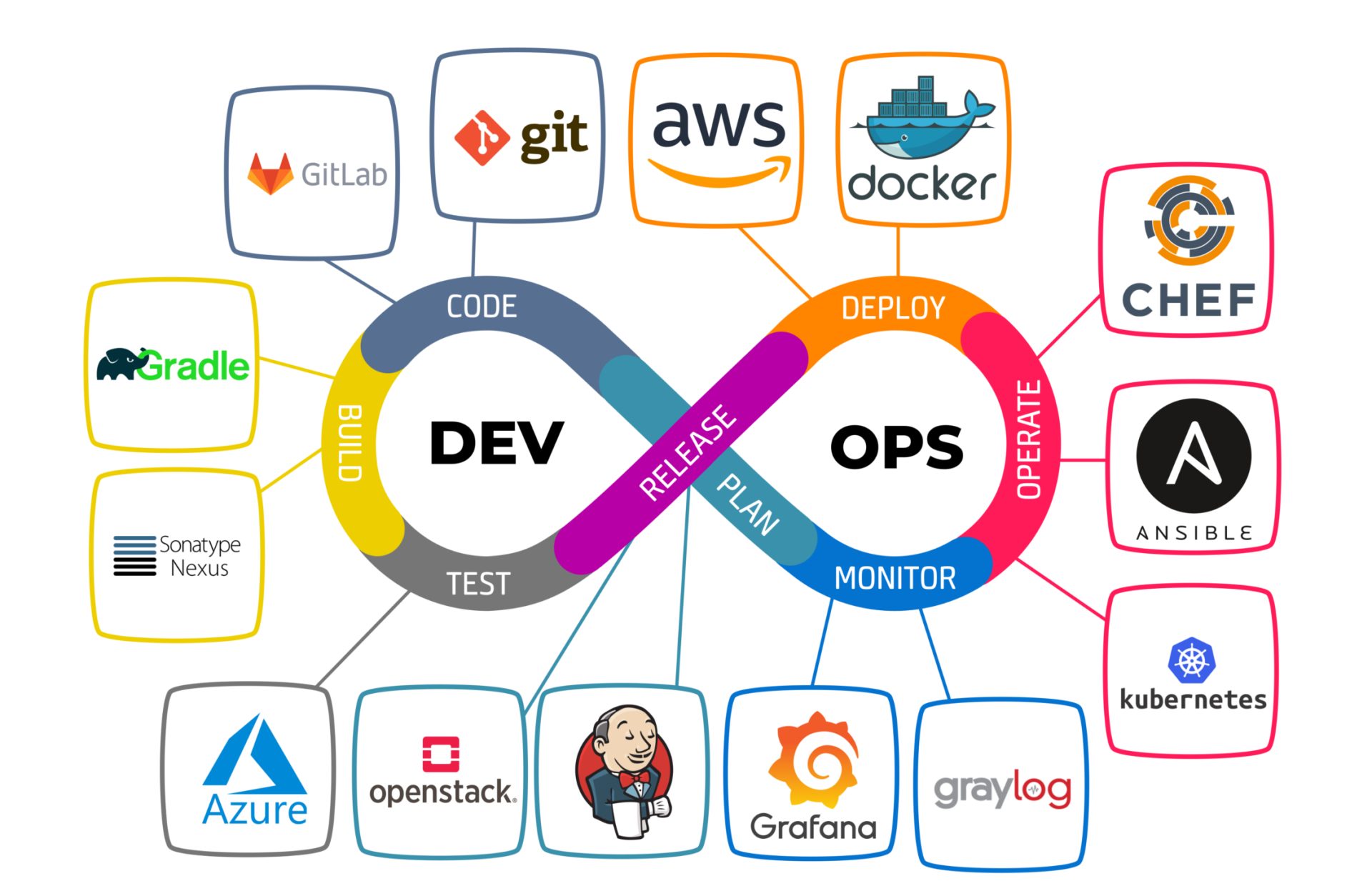DevOps is a culture, set of practices, and automation that aims to improve collaboration and efficiency between software development and IT operations teams. By breaking down silos and streamlining processes, DevOps enables organizations to deliver high-quality software faster and more reliably.
Key Principles of DevOps
Collaboration: DevOps promotes collaboration and communication between development, operations, and other stakeholders involved in the software delivery process. By working together towards common goals, teams can address challenges more effectively and deliver better outcomes.

Automation: Automation is at the heart of DevOps, enabling organizations to automate repetitive tasks, such as testing, deployment, and infrastructure provisioning. By automating these processes, teams can reduce manual errors, increase productivity, and accelerate time to market.
Continuous Integration and Continuous Deployment (CI/CD): CI/CD practices enable teams to deliver code changes frequently, reliably, and efficiently. By automating the build, test, and deployment processes, organizations can rapidly iterate on their software and respond to customer feedback more effectively.
Optimization Statistics
Benefits of DevOps:
Faster Time to Market: By automating manual processes and streamlining workflows, DevOps enables organizations to release software faster and more frequently, allowing them to respond to market demands more quickly.
Improved Quality: DevOps practices, such as automated testing and continuous integration, help organizations detect and address defects earlier in the development lifecycle, resulting in higher-quality software and fewer production issues.
Increased Collaboration: DevOps fosters a culture of collaboration and shared responsibility, breaking down silos between development, operations, and other teams. By working together towards common goals, teams can achieve better outcomes and deliver more value to customers.
Why Choose DevOps?
Accelerated Innovation: DevOps enables organizations to innovate faster by reducing cycle times and accelerating time to market for new features and products.
Improved Efficiency: By automating manual processes and eliminating waste, DevOps helps organizations improve efficiency and reduce costs associated with manual labor and downtime.
Enhanced Customer Satisfaction: DevOps enables organizations to deliver high-quality software more frequently, resulting in improved customer satisfaction and loyalty.


